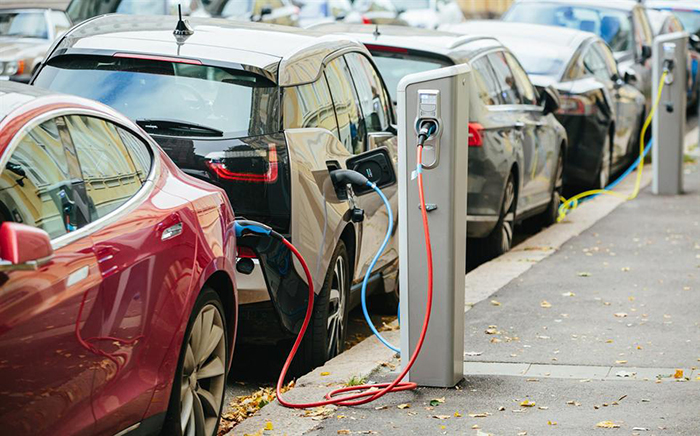Whilst Argentinian roads are home to some of the oldest fleets, Saudi Arabia is driving the most up-to-date cars today, with an average age of just 3.8 years old.
Emissions aren’t just related to the number of cars on our roads, which is why experts looked into the age of cars on our roads. Here are the 10 countries with the youngest fleets across the globe:
-
Saudi Arabia- 3.8 years
-
China- 5.1 years
-
United Arab Emirates- 5.2 years
-
Singapore- 5.46 years
-
Poland- 5.5 years
-
United States- 5.6 years
-
United Kingdom- 5.6 years
-
Sweden- 6.1 years
-
Belgium- 6.2 years
-
Germany- 6.5 years
Whilst it may come as no surprise that Saudi Arabia comes out on top in the study, the country has the highest turnover of new cars in the world.
Sitting at 19th place for GDP (Gross Domestic Product), this suggests it has higher incomes, therefore a high rate of automobile purchases.
Whilst the research found there are only 241 cars per 1000 people, the country does not have a plan to phase out fossil fuel cars. After implementing a fuel efficiency standard for cars in 2016 and reduced transport fuel subsidies, this caused a tripling of gasoline prices between 2014 and 2019.
Then in 2018, its sovereign wealth fund invested 1 billion USD in a US-based electric vehicle (EV) manufacturer and signed an agreement with Nissan Motors, Takaoka Toko, and Tokyo Electric Power Co to install EV charging stations.
However, in response to the pandemic, the government reduced the price of fuel by about 50%, undermining their progress made thus far.
China sits at second place and boasts an average car age of just 5.1 years. In 2010, China introduced a scheme that offered rebates to motorists who traded in old heavy polluting vehicles for low-emission vehicles.
Unbeknown to some is that many countries around the world have introduced initiatives such as scrappage programmes. These typically involve the disposal of old cars, often to help reduce emissions. Motorists are then encouraged to invest in more environmentally friendly vehicles, with financial incentives or discounts.
Demonstrating environmental efforts, in 2018, Argentina established new vehicle categories plus a framework to promote more efficient and environmentally friendly vehicles. The aim is to reverse the emissions produced by larger, older and heavier vehicles.

COMMENTS